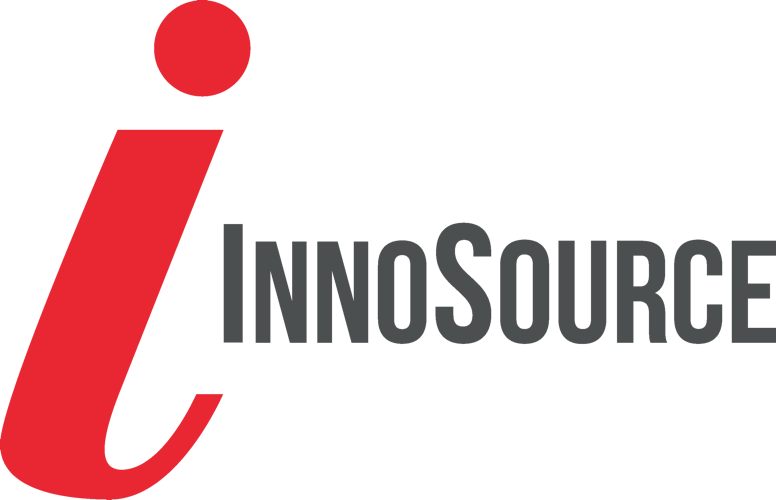
Your personal brand matters. Here’s how to build a good one.
By Mason Dail, director at InnoSource
I recently had the opportunity to share with our staff here at InnoSource about the importance of a personal brand and how best to build one. Some of the tips I offered the team seemed like no-brainers — and some might be less obvious. Regardless, I left that session feeling a deep appreciation for the power that can come from presenting ourselves thoughtfully and professionally.
If you haven’t given thought to your own personal brand, I am here to tell you: You are missing out on an important part of your career growth.
Of course, your work can and should speak for itself. But we all know that appearances matter, too. And your personal brand is about so much more than the way you dress. It’s about the way you conduct yourself in the workplace and the way you interact with your peers, people above you and below you in the organizational structure. It’s about operating with integrity and about demonstrating that you are, above all else, a person who can be trusted.
I’d like to offer you seven tips for building your own personal brand — one that is authentic to you, and one that can help you navigate your workplace with grace.
- Professionalism above all else. It should go without saying, but it must be mentioned anyway: Ensure your outward appearance is professional, neat and clean. Dress professionally. Doing so shows that you care enough to make an extra effort, and it shows that you want people to think the word “professional” when they think of you. Of course, you must also fit in with your office’s culture. So, if your company holds Halloween costume parties, feel free to dress up! But even for special events, make sure your primary focus as you get ready for your day is on being prepared to handle your work responsibilities.
- Be a team player. At InnoSource, we pride ourselves on our culture. We are part of a team, and we know that our individual actions have repercussions for those we work with. But part of it is also asking what more you can do to help. I have always tried to avoid the mindset that leads a person to think: “That’s not my role.” Being willing to help with something that may not be a formal part of your job description is a great way to show that you are a team player. And it is also a great way to learn and grow. When it comes to the working world, the old maxim “There is no ‘I’ in ‘team’” really applies.
- Be prepared. Bring a notebook and a pen or pencil to your meetings. Take notes. Review agendas in advance and make sure you are prepared to discuss topics that fall into your area of expertise.
- Do what you say you’re going to do. This one is simple, but powerful. We are as good as our word, and honoring our commitments is one of the best ways we can earn and keep the trust of those around us.
- Show respect. Greet people with a firm handshake — not a death grip, but one that shows confidence and respect. Make eye contact. Smile. These little things go a long way to indicating that you have confidence in yourself, your abilities and the people you work with.
- Show you care. Leave your cubicle or office and say hi to your colleagues. Ask them about their projects, their families, their hobbies. Don’t take up someone’s entire day with chitchat — most people are busy. But taking a few minutes to show you care can help you establish a relationship with someone and show that you are a person who is invested in those who surround you.
- Think about who you are. Great marketers know that a brand’s outward appearance can only go so far. The company has to live up to the values its brand represents, or risk destroying trust in the brand entirely. Think about the traits that are innate to you. Maybe you are a person who cares deeply about others. Maybe you are someone who lives for data analysis.
These tips all lead back to one primary goal: At the end of the day, your personal brand should represent who you are — and show the value of what you bring to the workforce.

